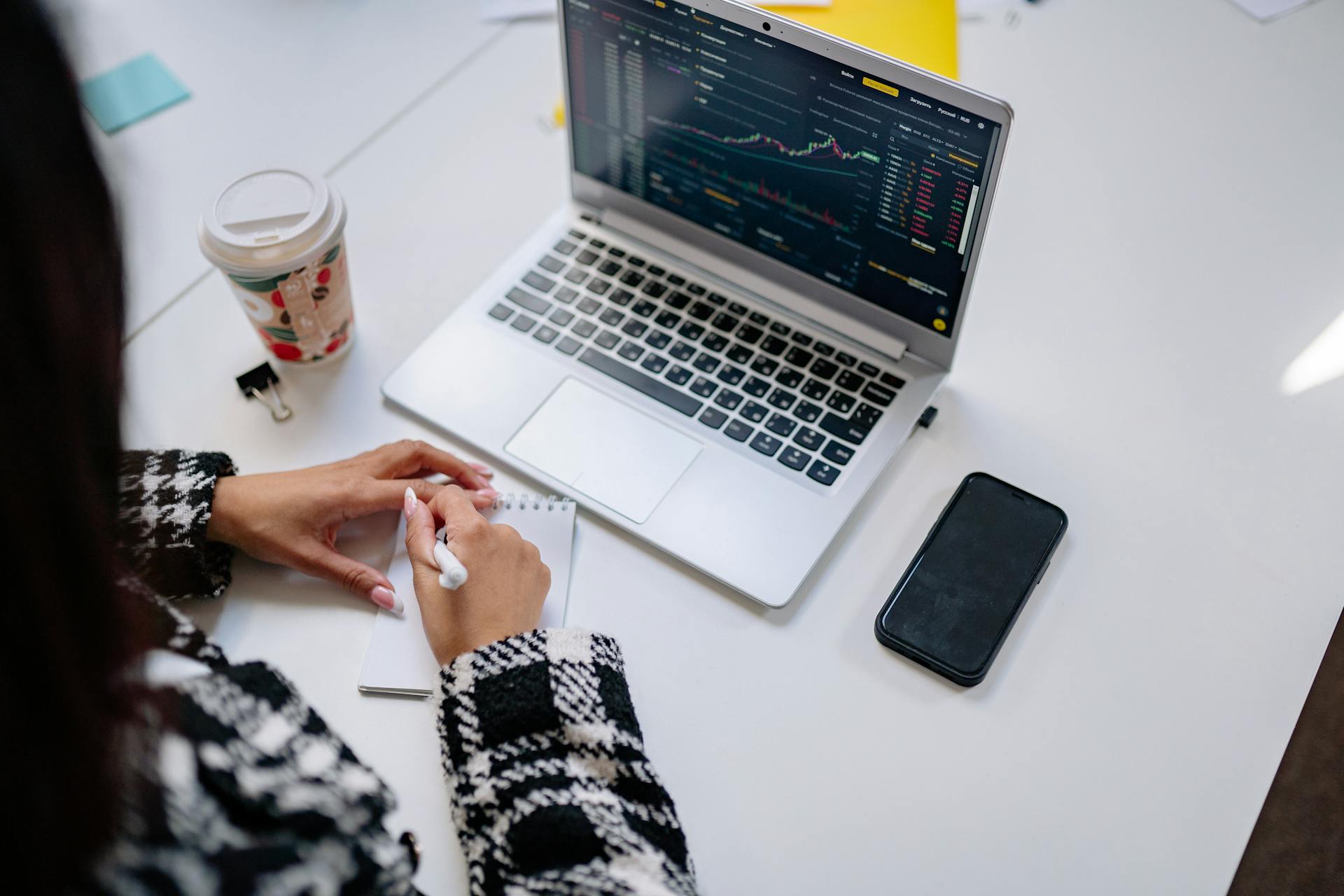Market maker – A broker-dealer/" data-gt-translate-attributes='[{"attribute":"data-cmtooltip", "format":"html"}]' tabindex='0' role='link'>broker-dealer firm that accepts the risk of holding a certain quantity of a particular security, in order to facilitate trading in that security. Each market maker competes for customer order flow by displaying buy and sell quotations for a guaranteed number of securities. If these prices are met, they will immediately buy for or sell from their own accounts. This process takes place in mere seconds. Market makers are very important for maintaining liquidity and efficiency for the securities they make markets in. Market makers are required to maintain a strict separation of the market-making side and the brokerage side of their business, to prevent their brokers from recommending a specific security simply because the firm makes a market in that security. A market maker makes money by buying stock at a lower rice than the price at which they sell it, or selling the stock at a higher price than they buy it back. Ordinarily they can make money in rising or falling markets, by taking advantage of the difference between “bid” and “offer” prices. There are different types of market makers:
1. Supplementary market maker – In the Nigerian capital market, supplementary market makers encourage competition among equity market makers, and further enhance the market maker liquidity provision. A supplemental market maker is required to provide a quote for securities in which they make markets for 60% of the trading day
2. liquidity-provider/" data-gt-translate-attributes='[{"attribute":"data-cmtooltip", "format":"html"}]' tabindex='0' role='link'>Liquidity provider – Serve the same purpose as market makers, primarily for the secondary debt (bond) market.






